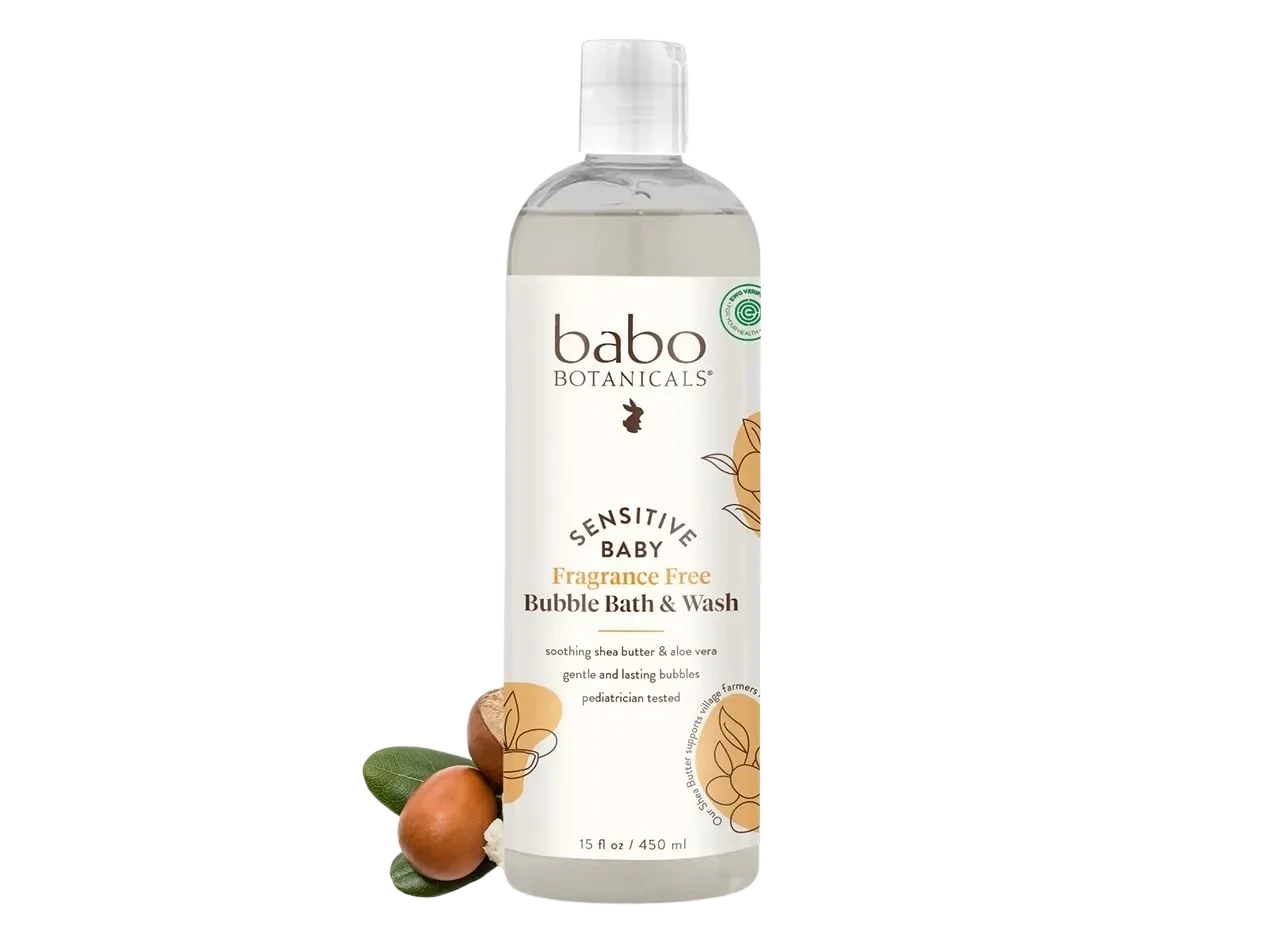SENSITIVE BABY Fragrance Free Bubble Bath & Wash
shampoo & bodywash & conditioner • For adults • Skin contact 🧴
Product Images
Product Photo

Tap to enlarge
Ingredient List

Tap to enlarge
Is this safe for adults to use SENSITIVE BABY Fragrance Free Bubble Bath & Wash?
Check for Different Age (6 available)
Ingredients Analysis (21 found)








Common Questions About SENSITIVE BABY Fragrance Free Bubble Bath & Wash
Adult-safe? SENSITIVE BABY Fragrance Free Bubble Bath & Wash
Yes, SENSITIVE BABY Fragrance Free Bubble Bath & Wash is generally considered safe for adults based on ingredient analysis.
What ingredients should I watch out for?
We analyzed 21 ingredients in SENSITIVE BABY Fragrance Free Bubble Bath & Wash. 21 safe. Check the detailed analysis above for specific concerns.
When can adults using shampoo & bodywash & conditioner?
The appropriate age depends on the specific ingredients. This analysis is for adults. Use the age selector above to check other ages.
⚠️ Important Disclaimers
Product Recognition: Product names are identified programatically and may be incorrect. Always verify product identity yourself.
Safety Analysis: Evaluations are for research only - consult pediatricians for medical decisions. Do not rely solely on this analysis.
No Guarantees: Results may be incomplete or inaccurate. Do not rely solely on this analysis.